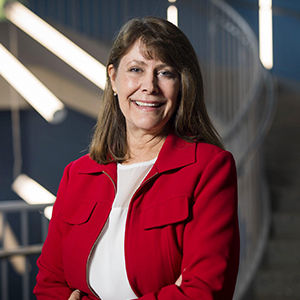On May 24, 2018, the U.S. Chemical Safety and Hazard Investigation Board (CSB) released its final report regarding the Arkema Houston facility’s flooding, subsequent power loss, organic peroxide self-accelerating decomposition event and fire, during Hurricane Harvey in August, 2017. Note to Climate Change Adaptation professionals – this CSB final report articulates “adaptation” concepts for chemical process plants, particularly post Harvey. Specifically, CSB recognizes that Clean Air Act 112(r) Risk Management Plans are intended to consider “whether a process is vulnerable to damage caused by external events, such as …floods, high winds, and evaluate the potential consequences if such events damaged the integrity of the process” considering “reasonably anticipated external events” utilizing “recognized and generally accepted good engineering practices (RAGAGEP).”
Focusing on Arkema’s flood risk, while also recognizing “effective guidance from consensus industry codes and standards is lacking with respect to flood risk,” the Report finds that flood risk could be analyzed under the existing terms of the existing regulatory structure, despite lack of express requirements. Report, § 7.1.1.2. EPA Risk Management Program, ¶¶ 238-240. The Report’s specific recommendations include, among others, that the American Institute of Chemical Engineers (AIChE) Center for Chemical Process Safety (CCPS) develop broad and comprehensive guidance to help companies assess risk from extreme weather events, covering common mode failures, facility susceptibility and involving sufficient expertise, including engineers, to ensure risk assessments and process hazard analyses are sufficiently robust. Report, § 15.4. Thus, while the American Chemistry Council’s (ACC’s) Hurricane Harvey Forum: Lessons Learned Summary Report is generally helpful, the CSB Report adds engineering considerations for implementing RAGAGEP in risk management planning, and recommends specific action by CCPS.
With a career that’s taken me, from chemical engineer, EPA Emergency Response On-Scene Coordinator, hazardous waste incineration permit writer, then chemical plant compliance manager, to environmental corporate defense attorney assisting clients with Clean Air Act 112(r), disaster and CERCLA release response issues, I have been working to elevate chemical plant safety climate change adaptation issues within the established “Adaptation” community on behalf of the American College of Environmental Lawyers (ACOEL) and the American Bar Association (ABA), in collaboration with the AIChE and CCPS. In addition to speaking to entities like the NASA Interagency Forum of Climate Risks, Impacts and Adaptation, and EarthX Law and Policy Symposium in Texas, we have held AIChE Adaptation Workshops in Houston and San Francisco, bringing together industry chemical process engineers, city planners, first responders and federal, state and local environmental authorities, with more educational projects underway. Watch this space for further developments –hurricane season is upon us. Hopefully we’ll be ready!
Mary Ellen Ternes, B.E. (ChE), J.D, chairs ACOEL’s Outreach Committee, AIChE’s PAIC Climate Change Taskforce, the ABA Business Law Section’s Environmental Committee, and is a former chair of both the ABA Section of Environment, Energy and Resources Air Quality Committee and the Climate Change, Sustainable Development and Ecosystems Committee.




